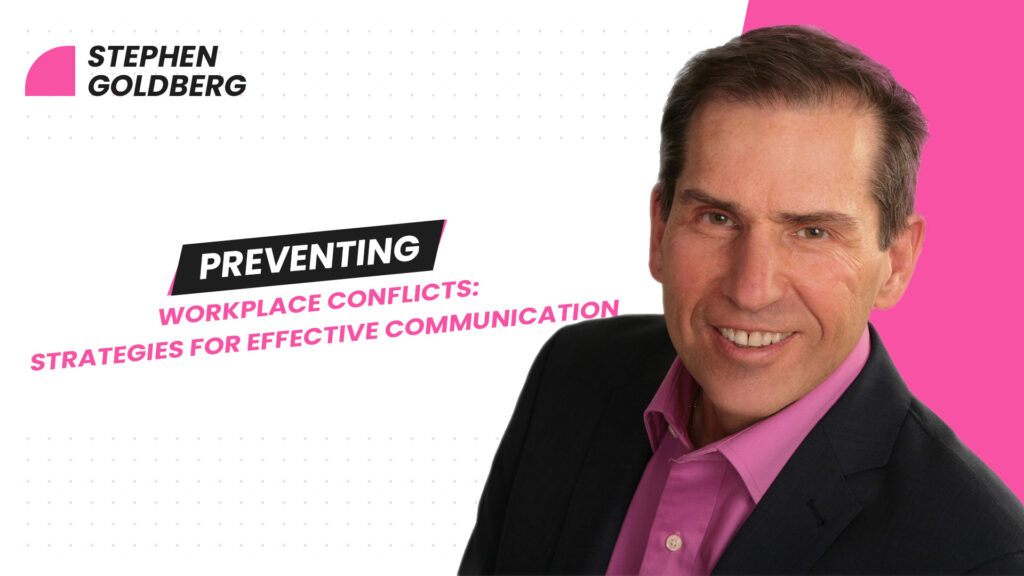
Conflicts in the workplace can have a detrimental impact on productivity, employee morale, and overall team dynamics. However, by implementing strategies for effective communication, organizations can proactively prevent conflicts from arising. In this article, we will explore valuable insights and practical tips on how to foster a harmonious work environment through proactive conflict prevention and fostering effective communication.
Conflicts are bound to occur in any workplace due to diverse personalities and varying perspectives. However, it is crucial to understand the significance of preventing conflicts before they escalate and disrupt productivity. Prevention is always better than cure when it comes to workplace conflicts.
Active listening plays a pivotal role in conflict prevention. Rather than imposing our own views, it is important to genuinely understand and empathize with others’ perspectives. Through active listening, we foster an environment of tolerance and respect, paving the way for constructive dialogue.
Addressing conflicts should be approached with diplomacy and tact. Diplomatic disagreement allows for respectful expression of differing opinions, while gentle confrontation entails assertively addressing issues while preserving relationships. These techniques can help navigate conflicts without exacerbating the situation.
Investing in ongoing training and development is crucial for conflict prevention. By providing employees with the necessary tools and skills to navigate conflicts, organizations empower individuals to resolve issues independently. Training should focus on effective communication, active listening, and conflict resolution techniques.
Unresolved conflicts can breed toxic workplace dynamics, fostering an environment of revenge and hostility. By failing to address conflicts promptly and effectively, organizations risk damaging employee relationships and overall team morale.
To implement a proactive approach to conflict prevention, organizations should consider bringing in external consultants or trainers to facilitate communication and conflict resolution training programs. By equipping employees with the necessary skills, organizations can establish a culture of understanding, collaboration, and conflict prevention.
Preventing workplace conflicts is paramount for maintaining a healthy and productive work environment. By emphasizing effective communication, active listening, and implementing conflict prevention strategies, organizations can foster positive relationships, enhance productivity, and create a culture of understanding and collaboration.
Remember, prevention is key to avoiding conflicts and cultivating a positive work atmosphere that benefits everyone involved. By taking a proactive stance, organizations can create a harmonious workplace where conflicts are minimized, and productivity thrives.